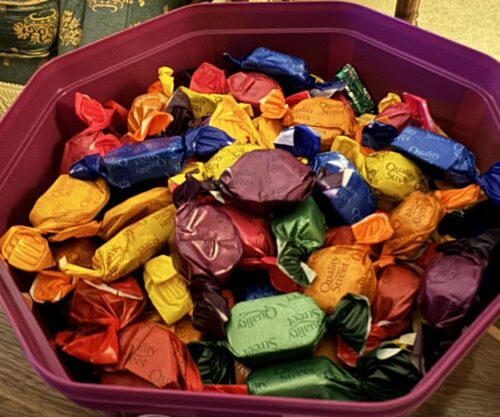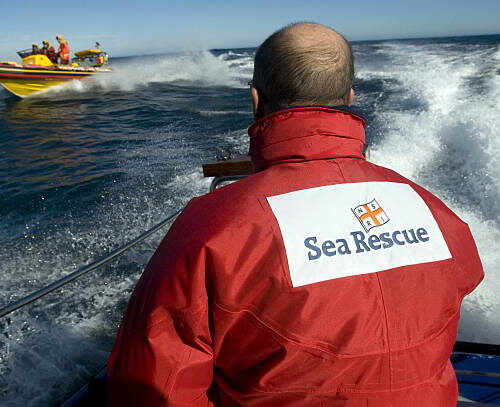
With summer behind us and upcoming public holidays, many South Africans are planning to take short breaks. However, with rising petrol and electricity prices, and soaring inflation affecting food costs, budgeting for these short breaks is more crucial than ever.
Budgeting is an essential part of a healthy approach to your finances, ensuring you have a manageable spending plan that covers the necessities and what is most important to you – including a short break and some R&R.
Budgeting for your break is key
According to short-term lender Wonga’s sixth annual Summer Spending Survey, only 21% of South Africans were able to travel last summer, highlighting the impact of rising living costs has on peoples plans for short breaks away.
Careful planning when considering a short break away from home is essential and including travel expenses in a budget can help navigate unforeseen expenses. Your travel plans may be hampered by the need to replace your car’s shock absorbers, buy water during an outage, or get your child a new school jacket. It’s important to stick as close as possible to your budget while remembering that life happens.
James Williams, Head of Marketing at Wonga, emphasises the importance of mindful spending during these short breaks. “While we have a few more short breaks this year to spend with loved ones, it is essential to be conscious of your finances. With careful planning and budgeting, it is possible to enjoy your time off without breaking the bank.”
Williams shares some practical tips on how to plan budget-friendly short breaks:
Level up savings with loyalty programmes
Loyalty programmes are a great way to earn back some of your spending through participating banks and partners. Most provide vouchers, cash back on purchases, or points that can be redeemed and span across food, clothing, and even fuel.
Banking loyalty points and cash back rewards is a great way to keep a ‘holiday fund’ going in the background to cover increased expenses.
Be smart with your packing needs
Be strategic with your packing to avoid unnecessary expenses while away from home. Pack essential items like sunscreen, hats, reusable water bottles, and snacks to avoid having to purchase them at inflated prices at fuel stations or event venues.
There is such a thing as ‘fun for free’
Look for free or low-cost activities and attractions to keep your kids entertained during the break, including exploring local parks, nature reserves, museums with free admission days, and community events, to create memorable experiences without breaking the bank.
Use public transport
Take advantage of using public transport where possible, or consider ride sharing with family and friends to save on fuel and parking costs. Research local transport options in advance and plan your itinerary accordingly to make the most of affordable travel alternatives.
Consider off-peak travel
Explore off peak travel options to take advantage of lower flight and accommodation rates and fewer crowds. Consider booking your trip during weekdays or shoulder seasons to secure better deals and discounts on accommodations and activities.
Sticking to a habit of budgeting will help you get the most out of your income and give you peace of mind that every rand is going to a specific purpose.
“By planning ahead and being savvy with your finances, you can enjoy quality time with loved ones without compromising your long-term financial stability,” concludes Williams.




